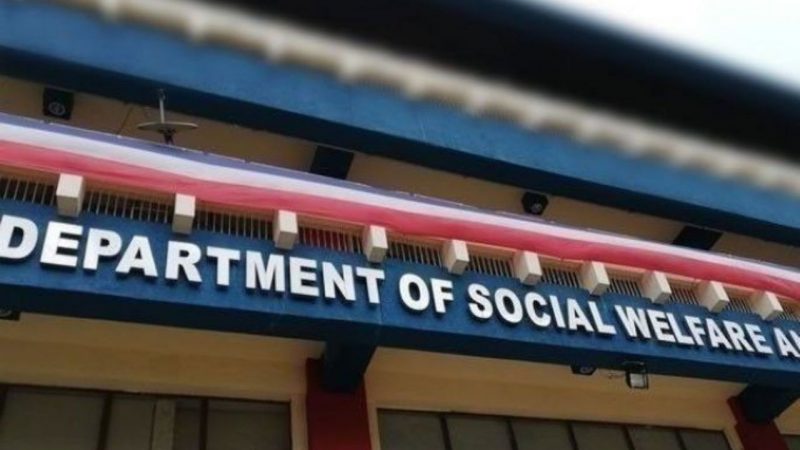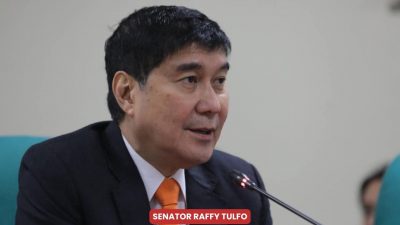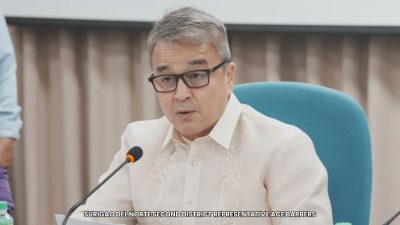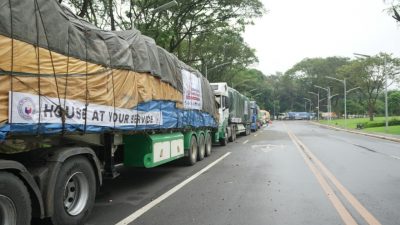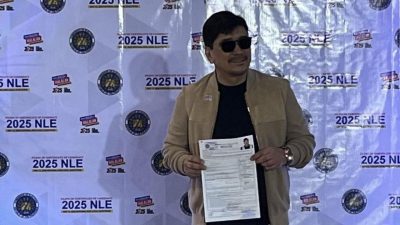By Junex Doronio
MANILA — In addition to food provisions, the Department of Social Welfare and Development’s (DSWD) Walang Gutom Kitchen offers nutrition education sessions to provide holistic support to food bank beneficiaries.
DSWD Assistant Secretary and spokesperson Irene Dumlao shared that the nutrition literacy sessions were launched to promote dietary diversity and healthy lifestyle choices, especially for the children who are part of the newly launched kitchen’s clientele.
“We started the sessions on December 19 and have already accommodated 40 children,” Dumlao said.
Another nutrition education session was held by the Walang Gutom Program (WGP) personnel on December 20, 2024.
This initiative is based on the WGP, where beneficiaries are required to attend monthly nutrition education sessions to remain eligible for food assistance. The sessions, now being implemented at the Walang Gutom Kitchen, will soon be complemented by other interactive activities, such as distributing advocacy materials, holding responsible parenting sessions, and organizing recreational activities.
“We designed these activities to ensure that while our kitchen will be open to everyone in need, it won’t just become a dole-out program,” Dumlao pointed out.
“As we prioritize the social welfare of our kababayans, we also aim to empower them to make informed and responsible choices for their own benefit,” the DSWD spokesperson added.
Launched on December 16, the Walang Gutom Kitchen is the DSWD’s newest initiative, offering holistic solutions to homelessness and hunger. Its primary clientele includes children, individuals, and families in street situations, as well as other Filipinos experiencing involuntary hunger.
In addition to addressing involuntary hunger, the kitchen helps prevent food waste by sourcing its meals from donations by private sector partners, such as restaurants, fast food outlets, and hotels.
Not “Pagpag”
Regarding the source of the food served at the kitchen, DSWD Secretary Rex Gatchalian emphasized that the meals are clean and safe to eat.
“The food we serve is prepared in hotels, restaurants, and fast-food establishments and has not been touched at all. This is not the so-called ‘pagpag’ that some may think it is,” the DSWD chief clarified during the launch of the Walang Gutom Kitchen on December 16.
“Rather than throwing it away, we’re donating it to our food bank at the Walang Gutom Kitchen, so that every day from 6:00 a.m., as long as we have supplies, we can continue feeding those who are hungry,” Secretary Gatchalian explained.
The DSWD spokesperson added that the agency welcomes donations of sealed snacks, ingredients, freshly cooked meals, and non-food items essential to the kitchen’s operation, such as dishwashing liquids and other cleaning agents.
The kitchen is also open to volunteers willing to assist with its operations.
ia/mnm

